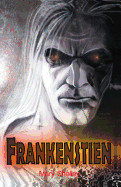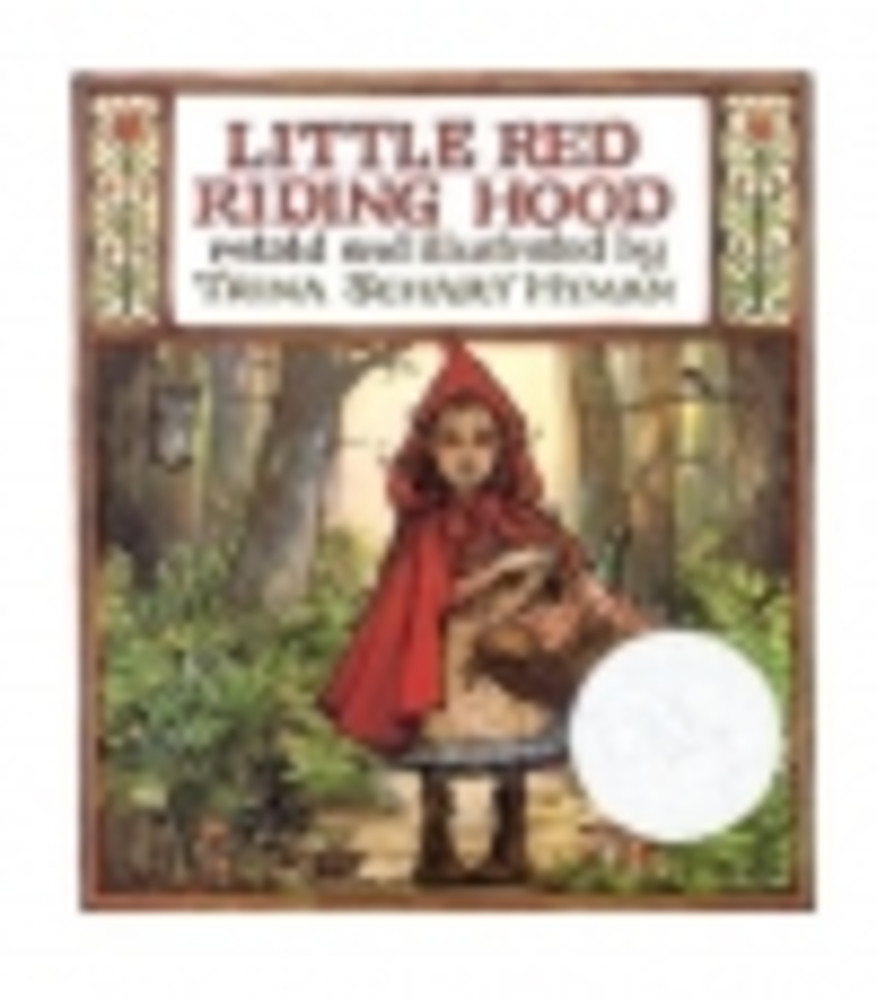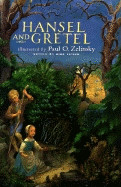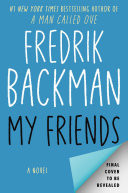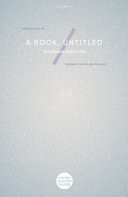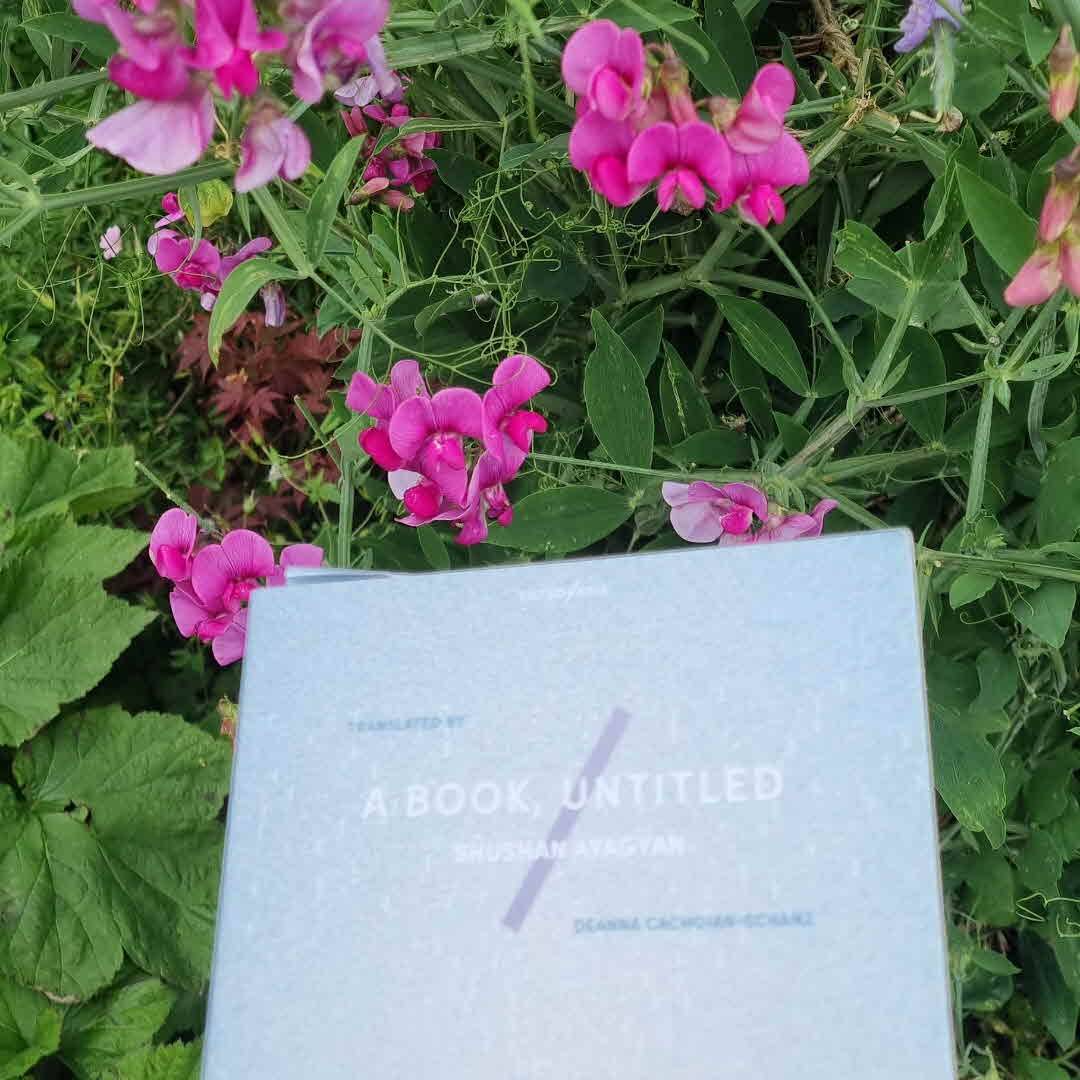
Where is this train of thought taking me?
I don't know, but nevertheless the train continues its march that journey that began in the green gardens of Silihdar and passed through the literary salons of Constantinople, Cairo's orphanages, Paris's universities, the brilliant minds of Yerevan, and Stalin's concentration camps, all the time heading towards the steppes of eternity...
Photo of Yerevan via Unsplash







